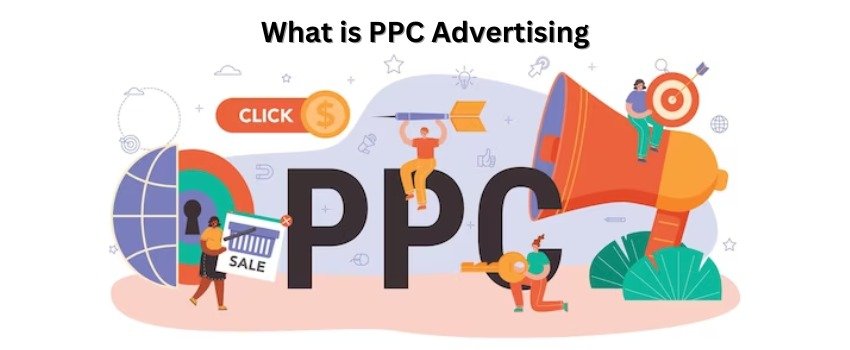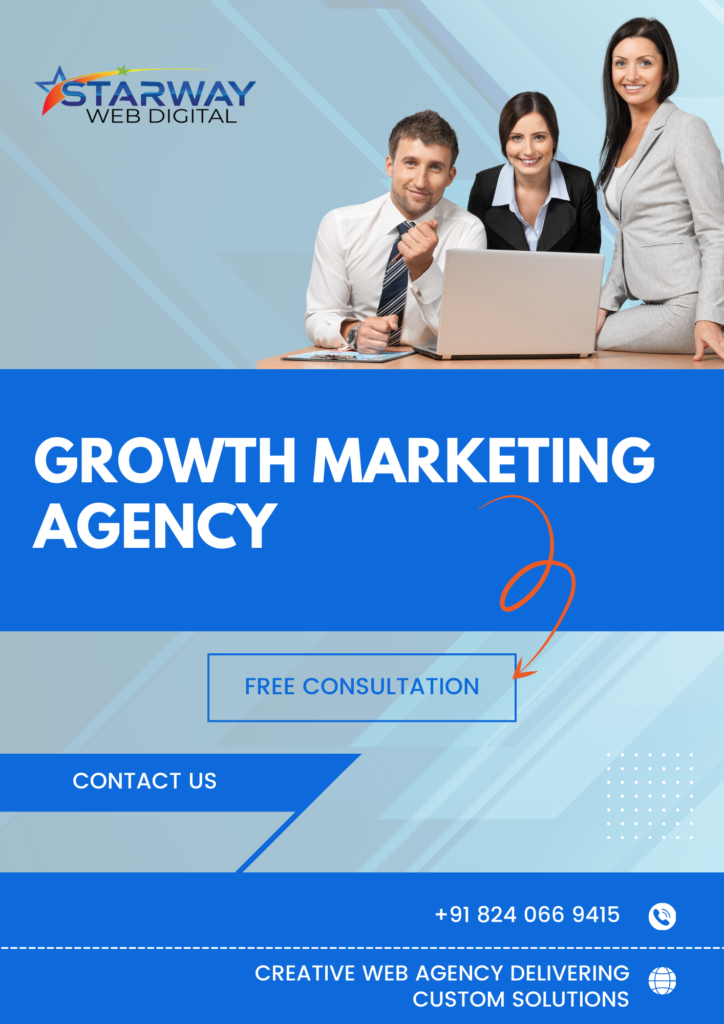In today’s competitive digital landscape, businesses can’t rely on organic traffic alone to get results. While SEO builds long-term visibility, Pay-Per-Click (PPC) advertising offers a faster, more controlled way to reach your audience. But what exactly is PPC, and how does paid search marketing really work? Let’s break it down.
What Is PPC?

PPC, or Pay-Per-Click advertising, is a digital marketing model where advertisers pay a fee each time someone clicks on their ad. Unlike traditional advertising where you pay upfront for exposure, PPC ensures you only pay when a potential customer actually engages with your ad.
The most common platform for PPC is Google Ads, but it’s not limited to Google alone—Bing Ads, LinkedIn, and even eCommerce platforms like Amazon also run on the PPC model.
Key PPC features include:
- Bidding on keywords related to your product or service.
- Ads appearing above or alongside organic search results.
- Payment only when users click (not just when they see the ad).
How Paid Search Marketing Works
Paid search is a type of PPC where your ads appear in search engine results pages (SERPs). Here’s how it works step by step:
- Keyword Research
Advertisers choose keywords that align with what their target audience is searching for. For example, a plumber might bid on “emergency plumbing services near me.” - Ad Auction
When a user types a query, Google runs an auction to determine which ads will appear. This depends on bid amount, ad quality, and relevance. - Ad Placement
If you win the auction, your ad shows up at the top of search results, above the organic listings. - Clicks & Conversions
You only pay when someone clicks on your ad, and from there, you aim to convert them into a lead or customer via your landing page.
Why PPC Matters for Businesses
- Instant Visibility: Unlike SEO, which can take months, PPC ads can drive traffic immediately.
- Targeted Audience: You can filter by demographics, location, device, and time of day.
- Scalable Results: Start small and increase your budget as you see ROI.
- Performance Tracking: Every click, conversion, and cost is measurable.
In fact, the smartest digital strategies combine PPC and SEO together. Relying on one alone often leads to missed opportunities. Learn more in our guide: PPC vs SEO: Why Relying on Only One Is a Bad Idea.
PPC Best Practices for Better ROI
- Craft compelling ad copy with strong headlines and CTAs.
- Optimize landing pages for conversions (fast, mobile-friendly, persuasive).
- Use negative keywords to filter irrelevant traffic.
- Test and refine campaigns using A/B testing.
- Monitor Quality Score since it impacts cost and placement.
Final Thoughts
PPC is more than just paying for clicks—it’s about connecting with the right customer, at the right time, with the right message. While SEO builds authority, paid search marketing provides speed and precision. Businesses that combine both gain a sustainable advantage in lead generation and sales.
If you’re ready to accelerate your growth, PPC is a proven, trackable way to get results fast.




